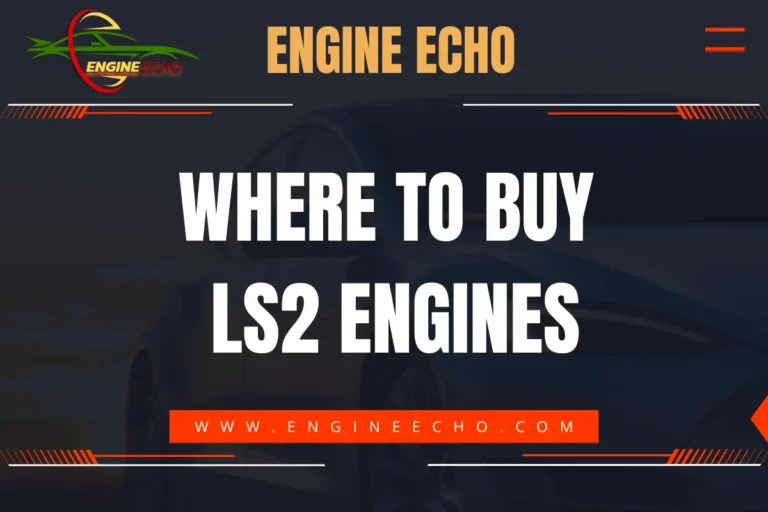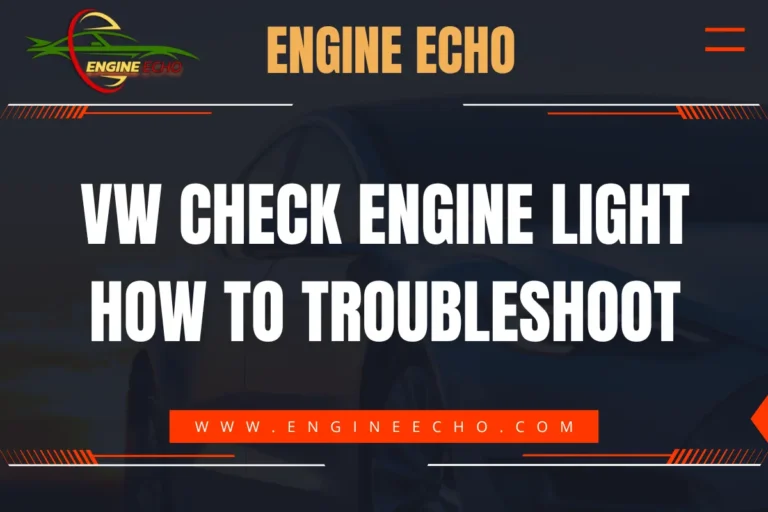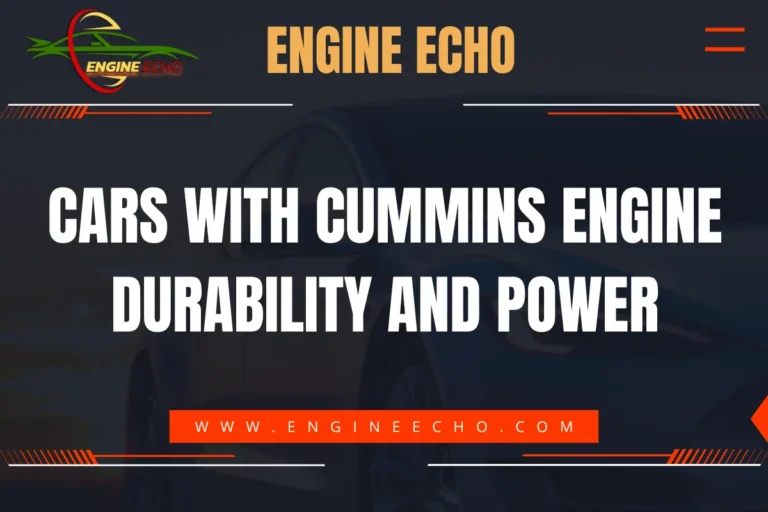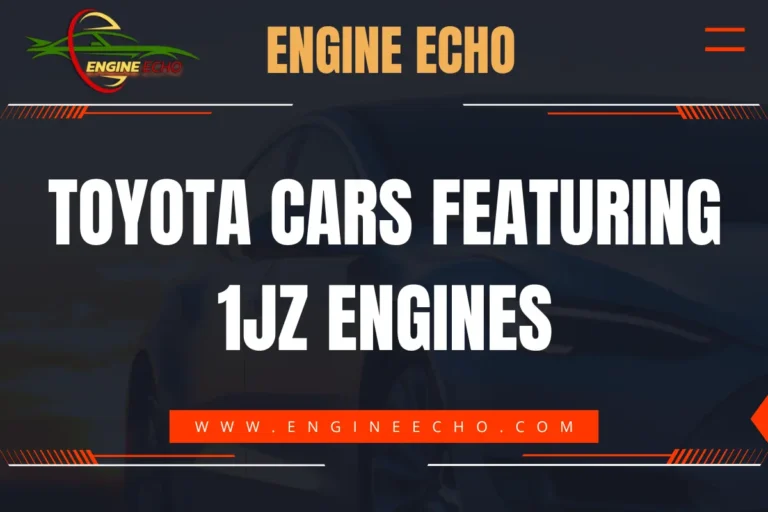Air Cooled VW Engines for Sale: Top Options

Key Takeaways:
- Overview: Air-cooled VW engines are prized for their historical significance and simplicity, commonly found in iconic models like the VW Beetle and Bus.
- Types of Engines: The most popular engines include the Type 1 (Beetle), Type 2 (Bus), and Porsche air-cooled engines, each suited for different performance needs.
- Key Considerations: Factors like engine condition, compatibility, and whether the engine is new, rebuilt, or used play a crucial role in the buying process.
- Maintenance: Proper upkeep, including regular oil changes, valve adjustments, and cooling system checks, can significantly extend the lifespan of these engines.
- Availability: Air-cooled VW engines can be purchased through specialty shops, online marketplaces, and enthusiast communities, with pricing varying based on condition and rarity.
Introduction
There’s something about air-cooled VW engines that pulls you in. For me, it’s not just nostalgia—it’s the hands-on, back-to-basics approach to working on these mechanical marvels. Sure, they’re old, but they’ve got personality! Whether it’s the iconic VW Beetle or the reliable VW Bus, these engines represent a time when simplicity ruled, and that’s why they’re still in demand today. If you’re thinking about getting one, this guide will help you navigate the best options for buying air-cooled VW engines and everything you need to know before diving in.
1. Overview of Air-Cooled VW Engines
Air-cooled VW engines powered some of Volkswagen’s most beloved models, like the Beetle and the Bus. What makes them so special? It’s the simplicity. With no radiators or complex cooling systems to worry about, these engines are incredibly straightforward to work on. They’ve proven to be reliable across decades, and that’s something you don’t find in most modern engines. If you’re restoring a classic VW or just keeping one running, air-cooled engines give you a hands-on experience that’s hard to beat.
2. Advantages of Air-Cooled Engines
- Simplicity: One of the best things about these engines is how easy they are to work on. No complex electronics, no water-cooling system—just pure, straightforward mechanics.
- Durability: I’ve seen these engines survive all sorts of conditions. Keep up with regular maintenance, and you’ll get years of dependable service.
- Weight: These engines are lighter than their modern counterparts, giving you better vehicle performance without the bulk.
- Maintenance: If you stay on top of things like valve adjustments and oil changes, these engines will reward you with long life and smooth performance.
3. Types of Air-Cooled VW Engines for Sale
Type 1 (Beetle Engine)
The Type 1 engine, found in the VW Beetle, is by far the most popular air-cooled engine. It’s easy to work on, parts are widely available, and it’s known for its reliability. Personally, I’ve worked on a few Beetles, and this engine is always a joy to tinker with. Whether you’re restoring a vintage model or just looking for something fun to work on, the Type 1 is a great choice.
Type 2 (Bus Engine)
For those working on a VW Bus, the Type 2 engine is where you’ll find more torque to handle the vehicle’s larger size. I’ve had my hands on these engines a few times, and while they’re a little more work than the Beetle engine, the sound of that Bus roaring back to life is worth every minute you spend on it.
Porsche Air-Cooled Engines
While technically not VW engines, Porsche’s early air-cooled engines share a lot of the same technology. I haven’t personally used one in a build, but I’ve seen how they take a classic VW to the next level, especially for those wanting a performance boost. If you’re into custom builds, this is a route to consider.
4. Factors to Consider When Buying an Air-Cooled VW Engine
Condition: New, Rebuilt, or Used
From my experience, rebuilt engines offer the best balance between reliability and cost. You get something that’s almost like new but without the high price tag. Used engines can be a good option too, but you’ll need to be prepared to do some work. I’ve bought a few used engines that needed a lot more than I bargained for, so it’s all about what you’re comfortable with.
Mileage and Longevity
Engines with higher mileage can still run well if they’ve been taken care of properly. I’ve seen engines with over 100,000 miles that run just fine after a bit of love and attention. But the higher the mileage, the more likely it is that you’ll need to do some work down the road.
Compatibility
Always make sure the engine fits your specific VW model. I’ve seen people buy engines that don’t quite fit without significant modification. Trust me, you want to avoid that headache.
5. Pricing and Cost Breakdown
| Engine Condition | Price Range |
|---|---|
| New | $3,000 – $6,000+ |
| Rebuilt | $1,500 – $3,500 |
| Used | $500 – $1,500 |
If I had to recommend one option, I’d say go for a rebuilt engine from a reliable seller. It might cost more upfront, but the peace of mind is worth it. Used engines are tempting because of the lower price, but they can end up costing you a lot more in repairs if you’re not careful.
6. Popular Air-Cooled VW Engines for Sale
Stock Engines
If you’re aiming for an authentic restoration, stock engines are the way to go. They maintain the original feel of the vehicle, and for purists, that’s the whole point of owning a VW. I’ve always found stock engines to offer the most authentic driving experience.
Performance Engines
For those looking to squeeze a bit more power out of their engine, performance-modified air-cooled engines are out there. I’ve helped friends upgrade theirs with bigger carburetors and better exhaust systems, and let me tell you, the difference is night and day, especially when you’re cruising at higher speeds.
Restored Engines
Fully restored engines, in my opinion, give you the best of both worlds—reliability and performance. They’ve been completely torn down and rebuilt, so you’re essentially getting a brand-new engine. I’ve always found these to be worth the investment, especially if you’re looking for long-term reliability.
7. Where to Buy Air-Cooled VW Engines
Dealerships and Specialty Shops
If reliability is your main concern, I recommend looking at specialty shops or dealerships. These places often have rebuilt engines that come with a warranty, so you know what you’re getting. It’s a bit more expensive, but in my experience, it’s worth every penny for the peace of mind.
Online Marketplaces
I’ve bought parts and even engines from places like eBay and Craigslist. While you can find good deals, always be cautious. Ask the seller the right questions, and if possible, inspect the engine in person before buying. I’ve been lucky, but not everyone has that experience.
VW Enthusiast Communities
If you want to buy from someone who genuinely cares about their VW parts, I recommend checking out forums like TheSamba.com. I’ve bought and sold through these communities, and you can often find great deals from people who have a passion for keeping these vehicles on the road.
8. Installation and Compatibility
Professional Installation vs. DIY
I’ve done a few engine swaps myself, and while it’s an incredibly satisfying process, it’s definitely not without challenges. If you’re not mechanically inclined, paying for professional installation is probably your best bet. But if you’re like me and enjoy getting your hands dirty, there’s nothing quite like hearing that engine fire up after you’ve installed it yourself.
Common Challenges in Engine Swaps
One of the trickiest parts of engine swaps, in my experience, is making sure everything fits perfectly—especially if you’re upgrading to a larger engine. Sometimes the wiring or mounts don’t line up as you expect, but with patience and the right tools, you’ll get there.
9. Maintenance and Longevity of Air-Cooled VW Engines
Basic Maintenance Tips
With air-cooled VW engines, maintenance is key. I’ve owned a few over the years, and I can’t stress enough how important it is to stick to regular oil changes and valve adjustments. And don’t forget to keep the cooling system clean—your engine will thank you for it.
Tips for Prolonging Engine Life
Use high-quality parts and oils, and don’t push these engines too hard. They’re built to last, but only if you treat them right. I’ve seen engines go for hundreds of thousands of miles with just basic maintenance.
10. Restoring an Air-Cooled VW Engine
Restoring one of these engines is a real labor of love. I’ve spent countless weekends in the garage, covered in grease, but there’s nothing like the moment when it finally roars back to life. If you’re considering doing a restoration yourself, be prepared for some late nights and maybe a few headaches—but it’s totally worth it in the end.
11. Case Study: Successful Air-Cooled VW Engine Restoration
One of my favorite projects was restoring a 1965 Beetle. The engine rebuild cost about $2,200, but the satisfaction of bringing it back to life was worth every penny. It took a lot of late nights and weekends, but hearing that engine fire up for the first time after the rebuild is a moment I’ll never forget.
12. Market Trends for Air-Cooled VW Engines
Demand for these engines isn’t slowing down. I’ve noticed more people getting into VW restorations, especially as vintage cars become more popular. However, environmental regulations are making it tougher to operate them in some regions. Despite this, the VW community is as strong as ever, and it’s easier than ever to find parts and engines if you know where to look.
Conclusion
For me, there’s nothing quite like the satisfaction of working on an air-cooled VW engine. The sense of nostalgia, the hands-on experience, and the thrill of hearing it roar to life after a rebuild is unmatched. Whether you’re restoring a classic or just keeping one on the road, the journey is incredibly rewarding. So, if you’re thinking about getting started with one of these engines, go for it—you won’t regret it!
Frequently Asked Questions (FAQs)
Q1: What are the most popular models of VW that use air-cooled engines?
A: The VW Beetle, VW Bus, and Karmann Ghia are the most popular models with air-cooled engines.
Q2: Are air-cooled VW engines reliable for long-term use?
A: Yes, with proper maintenance, air-cooled VW engines are known for their longevity and reliability.
Q3: How often should I service my air-cooled VW engine?
A: Routine services, including oil changes and valve adjustments, should be performed every 3,000 miles.
Q4: What is the difference between a Type 1 and Type 2 air-cooled VW engine?
A: Type 1 engines are commonly found in Beetles, while Type 2 engines are larger and used in VW Buses for more torque.
Q5: Can I use a Porsche air-cooled engine in my VW Beetle?
A: Yes, but modifications are often necessary for proper fitting and performance.
Thanks for checking out this article on EngineEcho.com! Hope you found this article: "Air Cooled VW Engines for Sale: Top Options" helpful! If you liked it and want to dive into more car engine topics, head over to our homepage. There's always something new to discover in the world of engines. Enjoy your reading journey!
Check out our previous article: Where to Find Hit or Miss Engines for Sale






